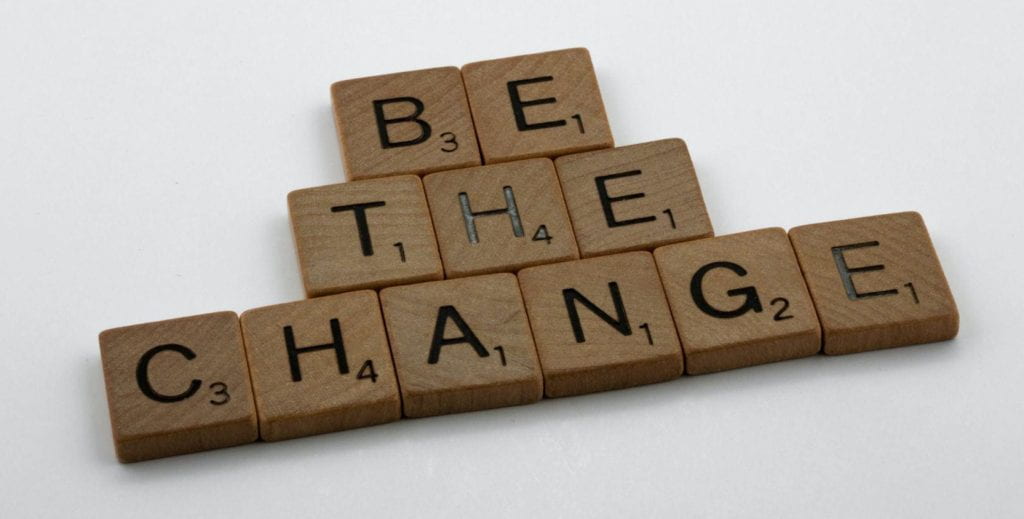ETL 504 Module 2.1 ~ Activity and Reflection
Informed by Robinson’s presentation, think about the influences upon a school – structural, cultural and societal and identify a key driver for change in each area that the teacher librarian could respond to through school library programs.
Robinson, K. [RSA Animate]. (2010, October 14). Changing education paradigms [Video]. YouTube. https://www.youtube.com/watch?v=zDZFcDGpL4U

According to Robinson (2010), changing an educational paradigm can only happen if an institution’s habits and the environment they occupy are subjected to change. Collaboration equals growth and divergent thinking is the driver, the ability to ask and interpret questions in various ways.
When we look at Robinson’s (2010) perspective of structural elements such as group sizes, students being seated in rows and being allocated classes based on age groups are assumed outdated, however, most of these still exist in classrooms of today. A conundrum that is influenced by governing bodies of schools. However, many studies, such as Ron Ritchhard’s (2015) cultures of thinking, have shown that among other things, smaller class sizes and flexible seating can lead to better collaboration and divergent thinking. Within the setting of the school library, a teacher librarian can make decisions about the environment. Implementing flexible seating and areas to capture both individual learning and group collaboration spaces helps to support a culture of thinking.
Robinson (2010) outlined how globalisation has had an influence on cultural identity. Cultural identity links to how an individual perceives themselves in terms of their nationality, ethnicity, religion, sexuality or other social group and their adoption or rejection of certain beliefs, values or behaviours of that group (Wilson, n.d.). When it comes to the school library and the teacher librarian can contribute to the variety of social groups in a school setting by creating awareness of common groups within the school environment and helping students gain a better understanding of these groups. Events such as National Sorry Day, NAIDOC Week, National Reconciliation Week, Harmony Day, ANZAC Day, and Indigenous Literacy Day are some ways in which libraries and teacher librarians can support the various social groups and charitable causes as a school through the library program.
Societal influences such as the digital age have made an exponential influence on our schools and the students that occupy them. Robinson (2010) pointed out that children are surrounded and immersed in highly stimulating environments. The school environment may not be keeping up with how students need to learn and what it is that engages their interest and captures divergent thinking. The teacher librarian has a unique opportunity to engage students in this everchanging digital world through a collaboration role with classroom teachers. Using a variety of pedagogical practices to help support teaching and learning (Templeton, 2021) the teacher librarian can help implement and improve inquiry learning, digital citizenship and digital literacy skills across an entire school setting.
Change does need to be at the forefront of educational institutions and embracing the structural, cultural and societal influences is key to successful change. The teacher librarian can play an important role in responding to these changes and be a leader of change as part of the school library programs.
References
Ritchhart, R. (2015). Creating cultures of thinking. Jossey-Bass.
Robinson, K. [RSA Animate]. (2010, October 14). Changing education paradigms [Video]. YouTube. https://www.youtube.com/watch?v=zDZFcDGpL4U
Templeton, T. (2021, August 4). Digital literacy and the teacher librarian – Part 2. Softlink. https://www.softlinkint.com/blog/digital-literacy-and-the-teacher-librarian-part-two/
Wilson, V. (n.d.). What is cultural identity and why is it important? Exceptional Futures. https://www.exceptionalfutures.com/cultural-identity/
